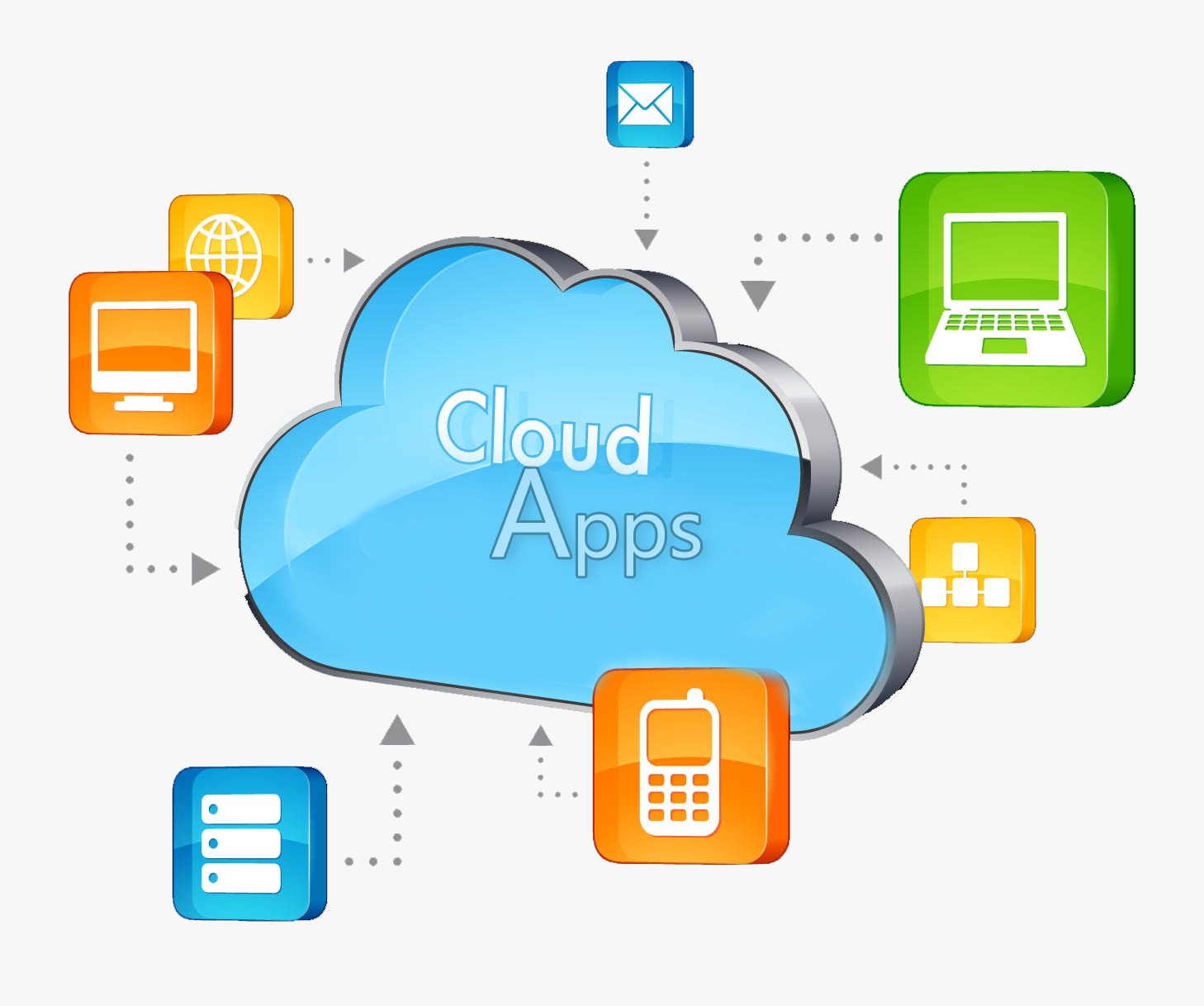Cloud Computing 101-A Beginner's Guide to AWS, Azure, and GCP
Cloud computing has revolutionized the way companies do business by providing a scalable, flexible, and economical way of building IT systems. The only issue for those new to cloud computing is that it is even daunting to learn the basics about the major cloud providers. Let's get down to basic explanations with AWS, Azure, and GCP.
What is Cloud Computing?
Cloud computing is a model for delivering cloud services over the internet. It grants the business access to resources on demand without huge upfront investment in buying hardware or software. Thus, it eliminates on-premise hardware and software, reducing IT costs and complexity.
Major Cloud Providers
1. Amazon Web Services: AWS is considered an industry pioneer in cloud computing; thus, it offers a huge portfolio of services, right from computing, storage, and databases to networking, analytics, and many others. Because of its large ecosystem and global infrastructure, it attracts companies of all sizes.
2. MS Azure: Azure is also a full-featured cloud platform, and it has placed much emphasis on hybrid clouds. It integrates very well with Microsoft products and provides a wide variety of services, including virtual machines, storage, databases, and analytics tools.
3. Google Cloud Platform: GCP leverages Google’s expertise in data management and analytics to provide a scalable, affordable cloud platform. It is particularly suitable for data-intensive workloads and applications of machine learning.
Key Cloud Computing Concepts
● Infrastructure as a Service (IaaS): Provides the foundational building blocks of IT infrastructure, such as virtual machines, storage, and networking.
● Platform as a Service (PaaS): Offers a pre-configured environment for developing, testing, and deploying applications.
● Software as a Service (SaaS): Delivers applications over the internet, eliminating the need for on-premises installation and maintenance.
● Hybrid Cloud: A combination of on-premises and cloud-based infrastructure, allowing businesses to leverage the best of both worlds.
Choosing the Right Cloud Provider
● Scalability: Resources should be scaled up or down with demand without much effort.
● Cost-Effectiveness: Pricing models, discounts, and usage-based billing.
● Security: Strong security for your data and applications.
● Standardization and legislation compliance: Conformity to the industry's standardization, and legislation inclusion.
● Integration: Compliant with your existing IT infrastructure and applications.
Getting Started with Cloud Computing
● Evaluate Your Needs: Assess your business requirements and identify the cloud services that align with your goals.
● Create an Account: Sign up for a free trial or paid account with your chosen cloud provider.
● Explore Services: Familiarize yourself with the available services and their capabilities.
● Build Your Infrastructure: After that, you would then begin building your cloud infrastructure using the provider-supplied tools and services.
● Leverage Resources: Take advantage of tutorials, documentation, and community forums to learn and troubleshoot.
Cloud computing opens up the world to a business of any scale. Understanding the basics of AWS, Azure, and GCP will drive informed decisions toward leveraging the benefits cloud-based solutions can offer for innovation and growth.
Read More











